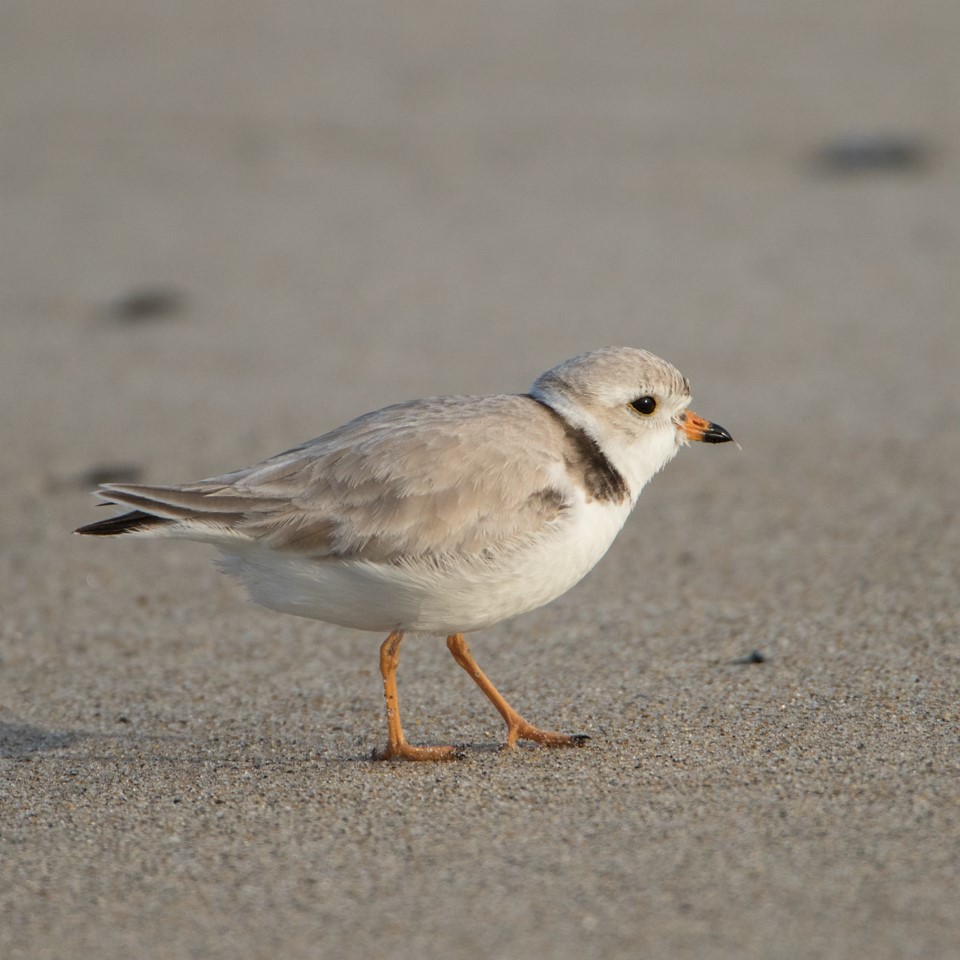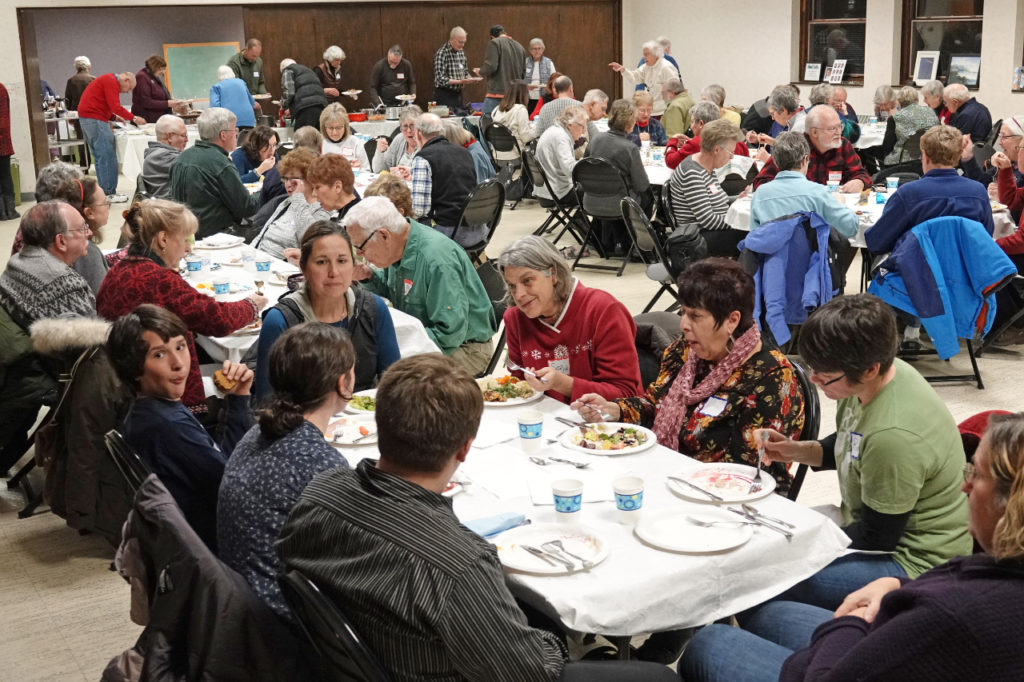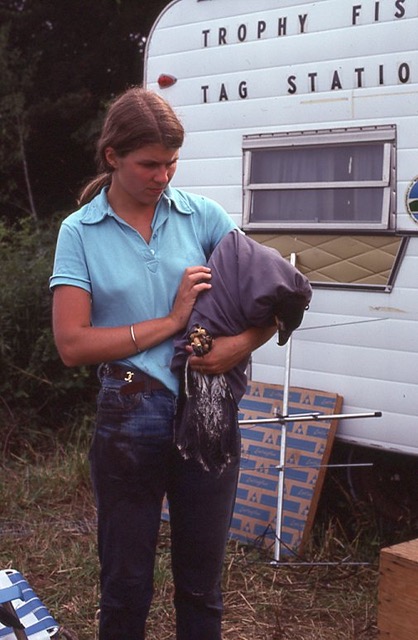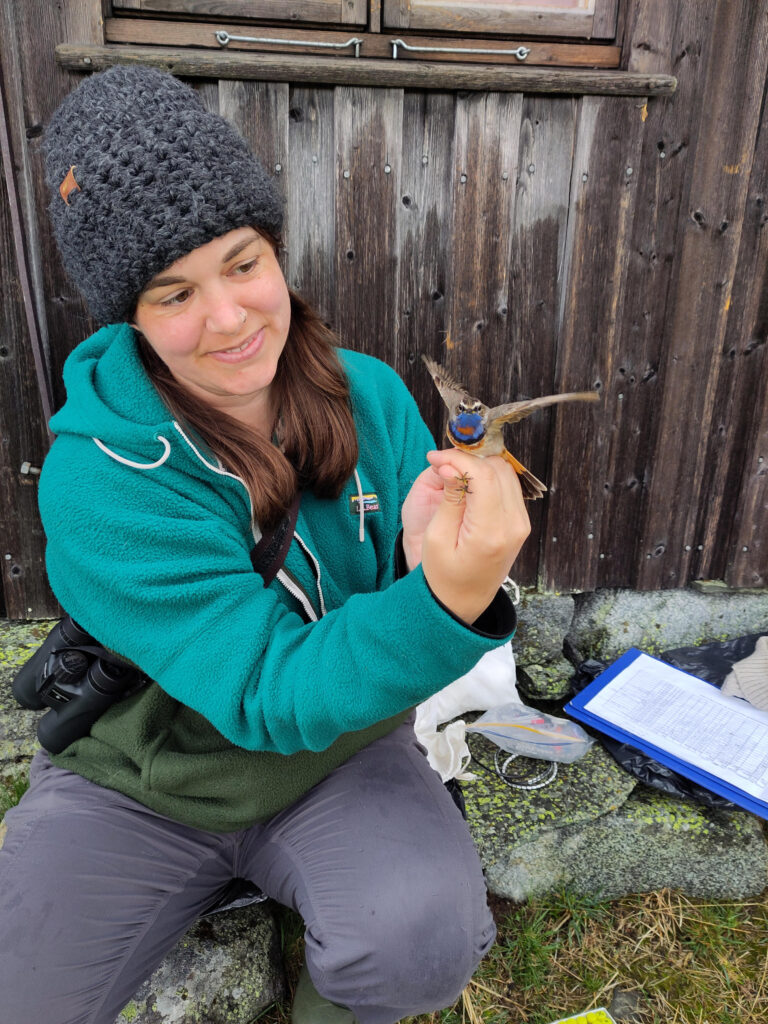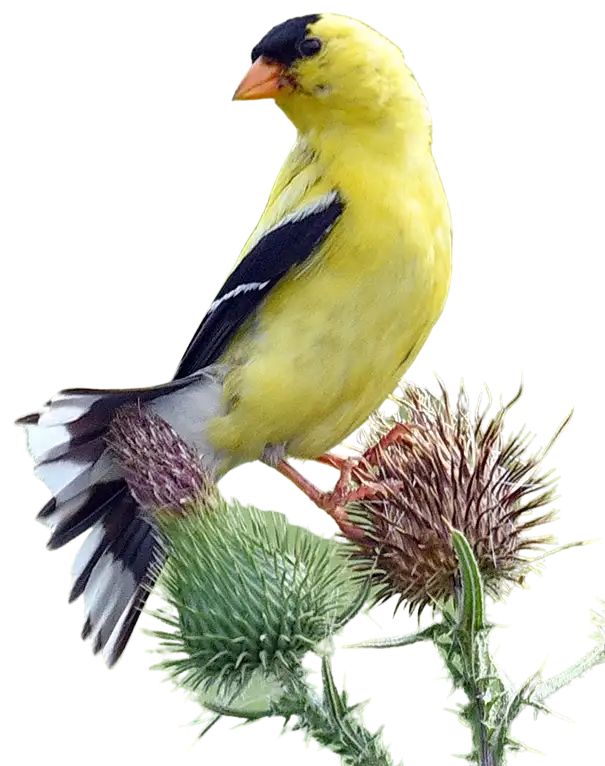Thursday, March 9, 2023
7:00 p.m.
Asbury First United Methodist Church
1050 East Avenue
Jonathan Cohen, Ph.D.
Associate Professor of Wildlife Ecology and Management
SUNY College of Environmental Science and Forestry
The federally endangered Piping Plover (Charadrius melodus), once common in the Great Lakes, became extirpated from Lakes Ontario and Erie as of the early 1980s. At that time, the Great Lakes-wide population had dropped to only 17 nesting pairs. Three decades of conservation efforts for the remnant population in the western Great Lakes pulled the species from the brink of extinction and has led to re-colonization of some eastern areas, including Lake Ontario’s New York shoreline. New York has maintained one to two nesting pairs since its recolonization in 2015 despite many differences in habitat configuration from Michigan beaches, where this species has maintained a stronghold. To help ensure that the species maintains its foothold in New York, SUNY ESF has helped to lead partnerships among several federal, state, local and non-governmental organizations focused on monitoring, research, advocacy, and nesting habitat restoration. These efforts have led to an increase in pair numbers, fledglings, and site use, and in 2023 New York hosted three nesting pairs, with individuals that we know have connections to nesting sites around the Great Lakes, including the University of Minnesota’s captive rearing and release program.
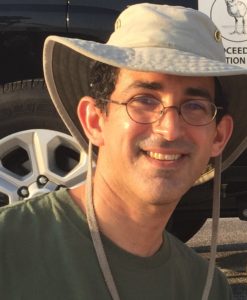
Jonathan Cohen, Ph.D.
Dr. Jonathan Cohen got his Ph.D. from Virginia Tech in 2005, studying the breeding ecology of piping plovers on Long Island, NY, and he earned his master’s degree in 1998 from the University of Connecticut, where he studied contaminant exposure to Greater Scaup in the Long Island Sound region. Dr. Cohen’s lab conducts research in support of conservation and management of wildlife, with a focus on birds of conservation concern. His projects have included conservation of breeding Piping Plovers on the Atlantic Coast of New England and New Jersey, the effect of human disturbance on Snowy Plovers in Florida, Saltmarsh Sparrow nesting success in New York City, the effectiveness of forestry practices at conserving songbird diversity in Pennsylvania, and (his one mammal-focused project) habitat restoration for the New England cottontail. He has also been working actively with several partners to restore the Piping Plover to eastern Lake Ontario.
Look for the Zoom link in your email a few days prior to the meeting. The Zoom Room will open at 6:45 PM. Don’t wait until the last minute to sign on, you might be left out!


